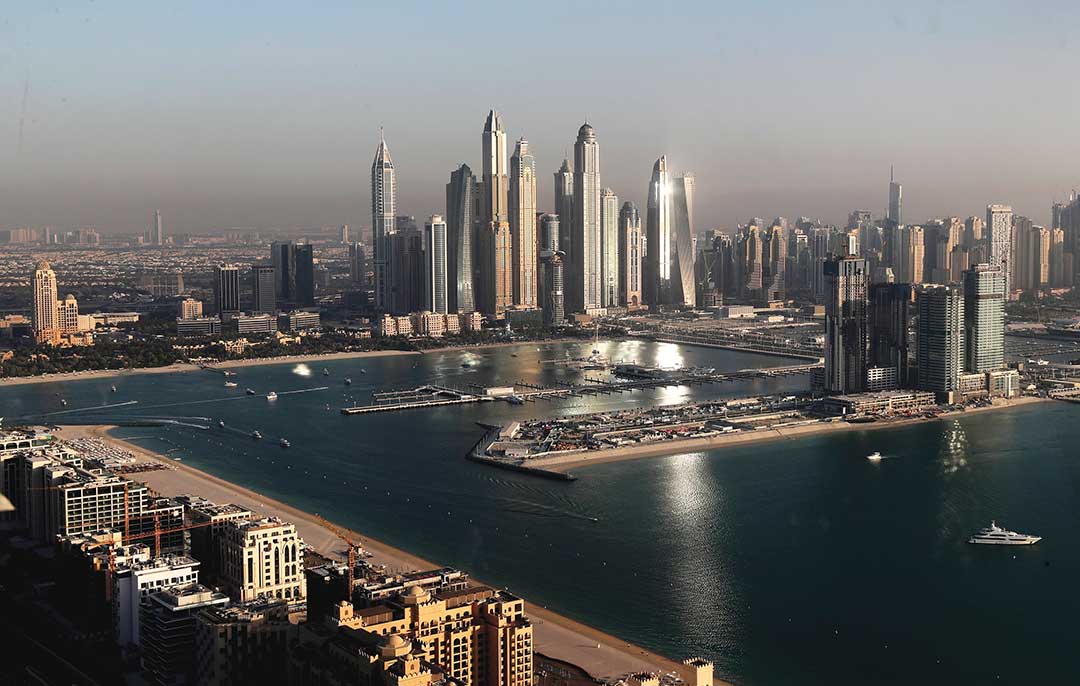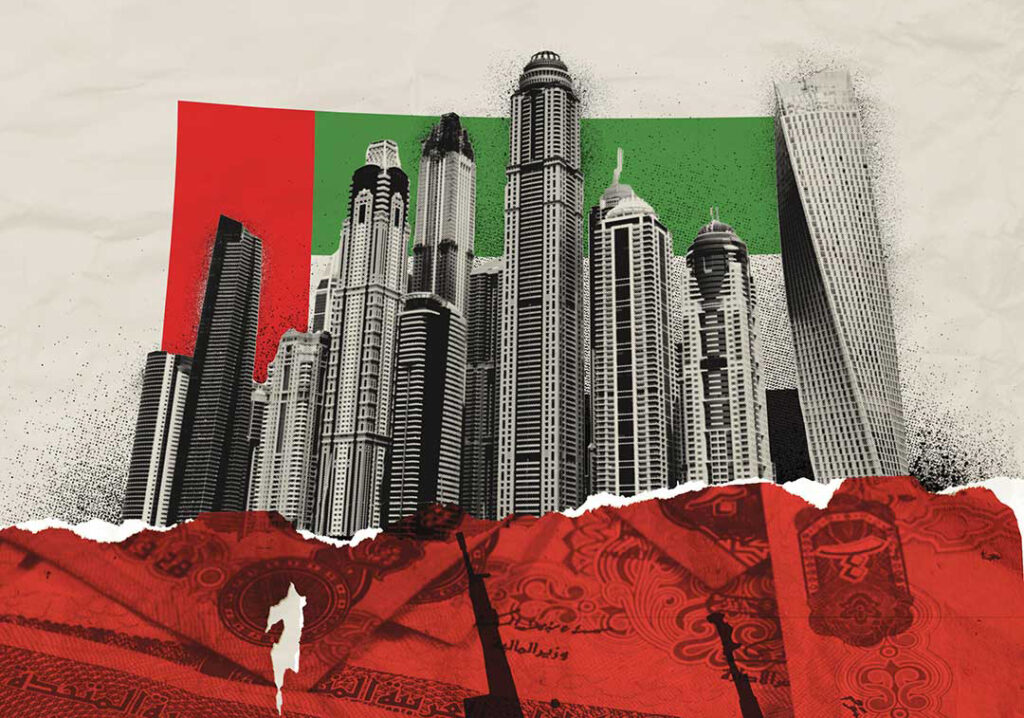HAMID AL ZAABI, DIRECTOR GENERAL OF THE UAE EXECUTIVE OFFICE FOR ANTI-MONEY LAUNDERING AND COUNTER TERRORISM FINANCING
The United Arab Emirates has made significant progress in the battle against financial crime, but strengthening the system requires engaging with more stakeholders than ever before.
Financial crime continues to grow in sophistication and frequently involves global patterns of activity that extend across multiple jurisdictions and financial institutions.
In just a few years, reporting, investigations, prosecutions and fines have all risen dramatically as authorities have thwarted criminals with ever-increasing effectiveness.
To put this progress into context, when it comes to confiscations (as a percentage of gross domestic product), the UAE has soared over 80 places to become one of the five leading countries globally, according to analysis by the Global Coalition to Fight Financial Crime.
Yet we cannot rest on our laurels. The fight against those seeking to make ill-gotten gains is, and will remain, never-ending.
These efforts to strengthen the country’s anti-money laundering/combating, the financing of terrorism system stem from policies set by the country’s leadership to combat illicit finance and preserve the integrity of the global financial system.
We know from our cooperation with strategic partners such as the European Union, United Kingdom and United States that banks and governments need to work much more closely together, lifting barriers to sharing information. Collaboration helps us build a clearer picture of criminal networks and suspicious transactions and better understand, assess and mitigate risks. It also provides authorities with better quality intelligence to investigate and prosecute.
At the Executive Office for Anti-Money Laundering and Counter Terrorism Financing, we also work closely with the Ministry of Foreign Affairs and International Cooperation to facilitate partnerships and coordination with the international community on financial crime concerns. We have invested heavily in talent and training. International cooperation has expanded with new Mutual Legal Assistance Treaties signed in 2022, with more to come in 2023.
Information-sharing within and between public and private organizations is a key enabler in the fight against financial crime.

Through public-private partnerships, we are improving joint awareness of financial crime threats. In the private sphere this goes further than simply the banking system. A group of other companies and professions have a huge part to play. I refer here to real estate agents, dealers in precious metals and precious stones, lawyers, notaries and other independent legal professionals, and, importantly, accountants.
In the world of anti-money laundering, these nonfinancial businesses and professions are called Designated Non-Financial Businesses and Professions (DNFPBs).
We have begun working closely with DNFPBs and trade associations under the auspices of the Public-Private Partnership Committee (PPPC). It brings together regulatory and supervisory stakeholders with the private sector to improve financial crime prevention, investigations and convictions.
This combination of skills and expertise enables us to ensure effective use of systems and processes. Training, capacity building and dialogue are also cornerstones of the PPPC. This has led to significant improvements in how investigators and prosecutors use financial intelligence.
This is reflected in the additional investment we’re making in the Financial Intelligence Unit, the investigative body that gathers data on suspicious activities and shares analysis with relevant government agencies.
It added 30 new employees during the second half of 2022 alone. Emphasis has been on hiring experienced professionals with relevant backgrounds in compliance, banking, law enforcement and investigations.
Increasing transparency is also a key priority. To understand who ultimately owns UAE-registered companies, we have created a National Economic Register. The register provides a unified approach to information requirements across the UAE and has improved the accuracy of data, allowing us to improve risk assessments and spot suspicious activities.
The concept of beneficial ownership exists because the direct legal owner of an asset is not necessarily the person who actually controls and benefits from it. The register makes all this information accessible, in one centrally coordinated place, to competent authorities. This aids broader information-sharing efforts and investigations.
The interconnectedness of international organized criminal networks, often enhanced by technological advancement, presents serious concerns. But we are fighting back through the power of intelligence, advanced analytics, technology, investigations and public-private partnerships. In late 2022, the UAE’s Public-Private Partnership Committee completed its consultation paper on information-sharing, which will feed into new legislation.
We are also leveraging technology that can facilitate data collection, processing and analysis, and help identify and manage risks more effectively and in real time. We have created several online project management tools and reporting platforms tailored to national requirements.
Faster payments and transactions, more accurate identification systems, monitoring, record-keeping and information-sharing between competent authorities and regulated entities also offer advantages.
Similarly, artificial intelligence (machine learning, natural language processing) can help to better identify risks and respond to, communicate and monitor suspicious activity. Simply put, better and more up-to-date customer profiles mean more accurate risk assessments and better decision-making.
These innovative technological advances are a good reminder that the world of financial crime is fast evolving, and we will always have much to do. But we are encouraged by the progress made so far and will ensure that all of society is involved in our ongoing efforts.
The UAE made several improvements to countering money laundering and terror financing in 2022:
- The UAE Central Bank issued new guidelines for licensed financial institutions, giving banks and lenders one month to comply with regulations for monitoring suspicious foreign and domestic transactions.
- The country introduced requirements for real estate brokers and law firms to reports real estate transactions involving digital assets. Criminal groups and sanctioned governments have attempted to use such assets to invest in the UAE.
- The UAE’s Executive Office of Anti-Money Laundering and Counter Terrorism Financing signed a Memorandum of Understanding with the United Nations Office on Drugs and Crime to expand cooperation.

